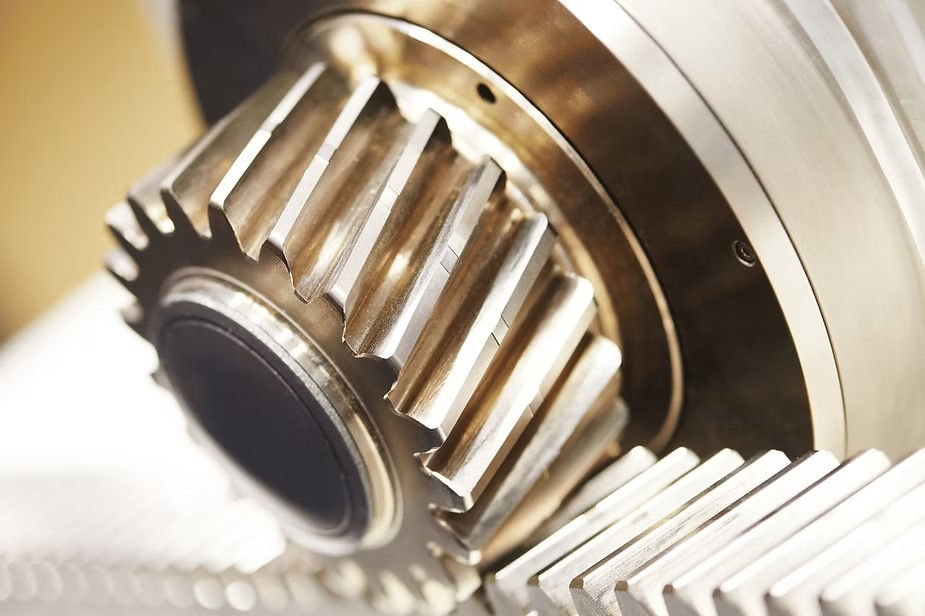Stainless Steel vs. Carbon Steel: Material Selection for Pipe Fabrication
- Al Safeenah

- Oct 31, 2025
- 2 min read

Material selection represents one of the most critical decisions in pipe fabrication projects, directly influencing system performance, longevity, and total cost of ownership. Engineering teams face the fundamental choice between stainless steel and carbon steel, each offering distinct advantages depending on operational requirements. Understanding the metallurgical properties, corrosion resistance characteristics, and application-specific performance factors enables informed decisions that optimize both immediate project needs and long-term operational efficiency.
Corrosion Resistance: The Defining Advantage
Stainless steel's chromium content—typically 10.5% or higher—forms a passive oxide layer that provides exceptional corrosion resistance across diverse environments. This self-healing protective film makes stainless steel the preferred choice for pipe fabrication in chemical processing, food and beverage production, and marine applications where exposure to corrosive substances or moisture is constant. Grade 316 stainless steel, containing molybdenum, offers enhanced resistance to chloride-induced pitting, making it ideal for coastal installations throughout the Gulf region.
Carbon steel, while lacking inherent corrosion resistance, remains economically viable when properly protected through coatings, cathodic protection, or controlled environment deployment. In applications where corrosive exposure is minimal—such as dry gas transmission or structural applications—carbon steel delivers comparable performance at significantly reduced material costs.
Mechanical Properties and Strength Characteristics
Carbon steel exhibits superior tensile strength compared to austenitic stainless steels, making it advantageous for high-pressure systems requiring thick-wall construction. A reputable metal fabrication company considers yield strength, ultimate tensile strength, and fatigue resistance when specifying materials for demanding applications. Carbon steel grades like ASTM A106 or API 5L provide excellent strength-to-weight ratios for pressure vessel and pipeline applications.
However, stainless steel maintains mechanical properties across broader temperature ranges. Its low-temperature toughness prevents brittle fracture in cryogenic applications, while certain grades retain strength at elevated temperatures where carbon steel would experience significant degradation. Duplex stainless steels combine the strength advantages of ferritic structures with austenitic corrosion resistance, offering compelling alternatives for specialized applications.
Fabrication Considerations and Weldability
Pipe fabrication complexity varies significantly between these materials. Carbon steel's superior weldability and machinability reduce labor costs and processing time. Standard welding procedures, readily available filler materials, and straightforward post-weld treatments make carbon steel the pragmatic choice for large-scale projects where fabrication efficiency impacts project timelines.
Stainless steel welding requires specialized techniques to prevent sensitization—chromium carbide precipitation that compromises corrosion resistance. Controlled heat input, appropriate filler selection, and sometimes post-weld heat treatment ensure weld zone integrity. An experienced metal fabrication company maintains the expertise and equipment necessary for proper stainless steel joining, including TIG welding capabilities and inert gas purging systems for critical applications.
Lifecycle Cost Analysis
Initial material costs favor carbon steel by substantial margins often 3-5 times less expensive than comparable stainless steel grades. However, comprehensive lifecycle analysis must account for maintenance requirements, coating renewal, corrosion allowances, and potential system downtime. In aggressive environments, stainless steel's maintenance-free operation often justifies premium initial investment through reduced operational expenditure.

Making the Right Choice
Successful material selection balances technical requirements against economic realities. A qualified metal fabrication company provides engineering support that evaluates operating conditions, regulatory requirements, and long-term performance expectations.
Al Safeenah brings decades of pipe fabrication expertise to your most challenging projects. Our engineering team guides material selection decisions backed by metallurgical knowledge and practical fabrication experience. Contact us to discuss your specific requirements and discover optimal solutions for your piping systems.







Comments